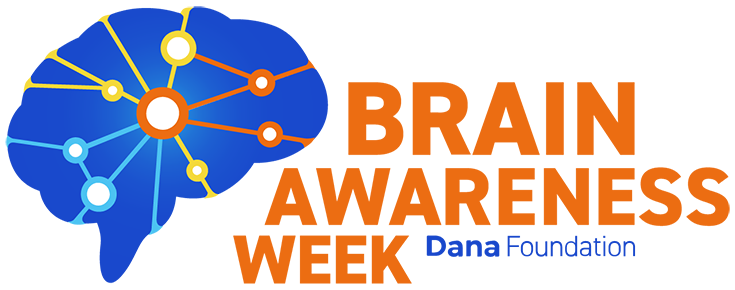
A Semana Internacional do Cérebro tem, este ano, lugar entre 13 e 19 de março.
Cientistas do BioISI - Instituto de Biossistemas e Ciências Integrativas, juntamente com investigadores do Instituto de Biofísica e Engenharia Biomédica, da Universidade Católica Portuguesa e do Ispa - Instituto Universitário, associaram-se e a esta iniciativa e estão a preparar um ciclo de palestras e atividades hands-on para alunos do ensino secundário.
Estas são as atividades que os alunos terão oportunidade de explorar no dia 17 de março, entre as 10h e as 16h30, na Faculdade de Ciências da Universidade de Lisboa:
- Palestra "O cérebro consumidor do adolescente: como decidimos?"
- Palestra "Explorando os mecanismos das doenças neurodegenerativas raras"
- Palestra "Epilepsia do lobo temporal: alterações na estrutura e comunicação sináptica"
- Atividade hands-on "A epilepsia num modelo animal"
- Atividade hands-on "Doenças neurodegenerativas raras"
Conheça o programa detalhado.





